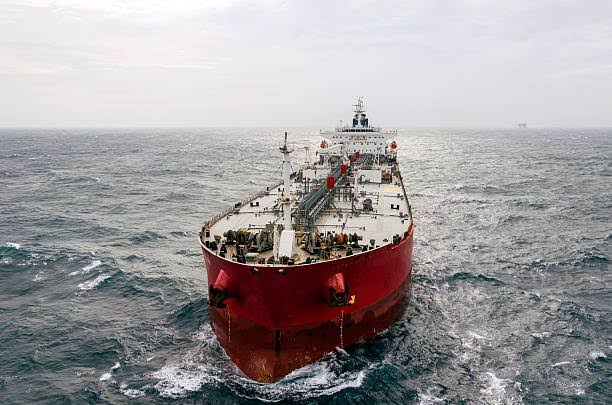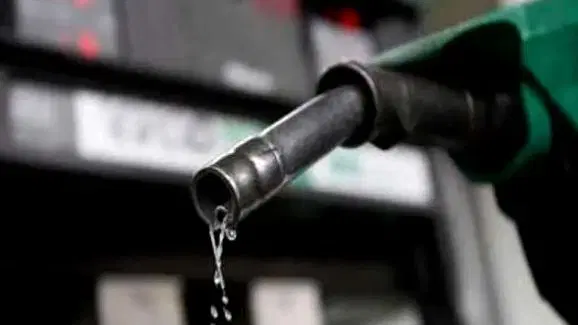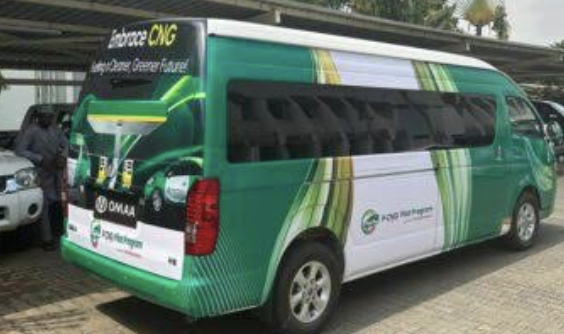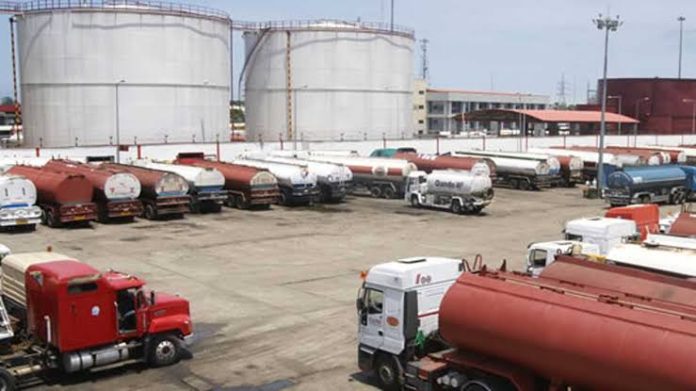There is a strong allegation of threat to the eight petroleum depots and other oil and gas facilities at Kirikiri Town, Apapa, in Apapa Local Government Area of Lagos state. The dreadful plan of the adversaries, according to one of the senior workers, is to disrupt the movement of vessels supplying fuel to these depots. This, he stated matter-of-factly, would inevitably cause a major fuel crisis in the country.
The disposition of some stakeholders in the oil and gas industry is that the Federal and Lagos State governments must, as a matter of urgency and necessity, proactively intervene to prevent this looming crisis as the success of such a vicious sabotage would almost instantly plunge the country into a major fuel and security crisis.
To be sure, just two of the eight depots, Swift Oil Limited and BOVAS Group operate over 200 fuel outlets in the country with about 35million litres of fuel in the belly of their petroleum storage depots. This means that the gaseous hydrocarbons in the tanks of these two companies alone could serve the entire country for, at least, two or three days. It becomes easy then to visualise the ruinous impact that shutting down these two behemoths would have, how much more eight of them. This explains why both Lagos State and the Federal Government must not treat this threat with the usual mute indifference because it portends frightful consequences for the economy and security of the nation.
But it wasn’t as if these threats came as a total surprise. The tragic drama that played out on Tuesday, August 8, 2023, at the premises of these organisations, was a dismal omen of what was to come. On that day, Bailiffs and some officials of the High Court of Lagos State besieged Kirikiri Town and sealed off the eight depots belonging to these members of the Kirikiri Town Depot Owners’ Association as well as residential buildings in the community. The depot owners received this news of what looked like a judicial coup with an incredulous gasp. First, they were not in any legal tussle with anyone, neither were they a party to any suit over their titles. They therefore came to the grim conclusion that this must be one of those extortion rackets that have become the ordeal of many property owners in Lagos due to the unconscionable acts of some family outlaws and land grabbers backed by some mercenary Lawyers. But this one would even be much more complicated. Perhaps an accentuated version by a more resolute group.
The Depot Owners soon found out that a group of nine persons that claimed to be the great grandchildren and members of the family of the original owner of the land they bought had gone to the court and shockingly obtained a Consent Judgement given by Honourable Justice Jumoke Pedro on Monday, June 23, 2014 in Suit No. M/7/2014. The very Honourable Judge gave this far reaching judgement without giving those so gravely affected the opportunity of appearance to canvas their position. A suit that the outcome could mortally alter the economic wellbeing of this country went through a full adjudication almost covertly without making those directly affected parties to the case. It is important to stress this acute omission because the judiciary cannot exist without the trust and confidence of the people. It is in fact the belief by the people that their Judges are fair and impartial that sustains and drives the judiciary.
Now, here is what happened. Those nine people that claimed to be members of Cardoso family, the parties to the suit, split themselves into claimants and defendants over the Estate of late Lawrence Anthonio Cardoso, the authentic owner of the Estate. This is a very familiar extortionist strategy that is prevalent in Lagos. It is commonplace. And true to the usual outcome, they were given a sweeping Consent Judgement that set aside all previous dealings in properties forming part of Lawrence Anthonio Cardoso Estate while the Administrator-General and Public Trustee of Lagos state was authorised and mandated to take possession of all properties in the estate.
The Lawyers to the depot owners felt strongly that the court was misled to give this horror inflicting judgement. And so they approached the court with an Originating Summons in suit No. LD/1679/LM/2017 to redress this judgement. But Justice O. O. Ogunjobi would not hear the case. Instead he referred them to the Lagos Multi-Door House for mediation. Expectedly, the judgement creditors, the group of nine allegedly demanded N500million from each of the eight organisations. The serious minded business moguls behind the depots could not take this barefaced brigandage. And so their Lawyers returned to the courtroom. But their
suit was dismissed by Hon. Justice O. O Ogunjobi in a judgement delivered on Monday, July 10, 2023. And pronto, on that same day, the Applicants obtained a warrant of possession for the execution of the judgement. This is despite the fact that the judgement contained no order for possession and was essentially declaratory and not amenable to execution.
Now, to appreciate the curious thing about this matter in issue, you need to understand the fact that none of these depot owners bought their land from Cardoso, the original owner of the estate who died on February 11,1940. For instance, it was only in 1977, about 37 years after Cardoso’s passing, that one Prince Jeremiah Cousin Mosheshe bought a parcel of land from the six biological children of the late Lawrence Anthonio Cardoso. The Prince, Mosheshe, did not forget to register this land with the Lagos State Land Registry and indeed perfected his title by obtaining Governor’s Consent.
In the next 20 years, more people would acquire varying parcels of land from the late Cardoso children and grandchildren, in the same manner that the children and grandchildren of this Prince Mosheshe also sold parcels of their land acquired from the Cardoso family. Among those that bought their lands from the Mosheshes were some of these fuel depot owners that operate under the aegis of Kirikiri Town Depot Owners’ Association. Having done due diligence and convinced they had a perfect title that paraded the signature item called Governor’s Consent, they commenced their capital intensive petroleum business on these lands. For over 20 years they ran their businesses without any hindrance. But all that changed on that Tuesday, August 8, 2023, when some Bailiffs and court officials sealed off their properties and many residential buildings in Kirikiri Town.
In their counter affidavit, these purported members of Cardoso family, claimed that Lawrence Anthonio Cardoso died intestate and dispute subsequently arose among his children over the distribution of his property. They further claimed that some of the children sold some parcels of land without obtaining Letters of Administration to administer the Estate. Then, after over 75 years of Cardoso’s death, one faction of his family members suddenly instituted a suit against another faction and the final outcome was the sealing of eight depots through a process that may be viewed by the victims as deliberately opaque.
And now, in a publication on Monday, November 20, 2023, the Lawrence Anthonio Cardoso family, led by the Family Head, Chief Tunlese Cardoso, came out to put up a disclaimer addressed to the Inspector General of Police and the general public describing the nine judicial adventurists as the unscrupulous members of the family “who have been working with some notorious land grabbers in Lagos to deny people who genuinely bought and leased landed property from our family in Kirikiri Town for a long time, the right to own and enjoy their properties…”.
From this publication alone, it is clear that the owners of the sealed depots and other oil and gas facilities as well as residential buildings are mere victims of a conclave of predatory land owners and the ritual of extortion still pervasive in the acquisition or disposition of family estates in Lagos.
The Executive Governor of the State, Babajide Sanwo-Olu understands these convoluted transactions in his State. For this reason, he allegedly brokered a temporary truce that allows the depot owners to continue to carry out their businesses pending the determination of their appeal. But now, the group of nine and their agents are reportedly threatening to disrupt their business in breach of the deal reached with the Executive Governor. And this is why it is critical for the Executive Governor of Lagos State and, indeed, the Federal Government to make a crucial intervention that will bring about a lasting resolution to this dispute. And the time is now. Anything to the contrary is to set in slow motion a process that will culminate in an economic catastrophe in Nigeria.









